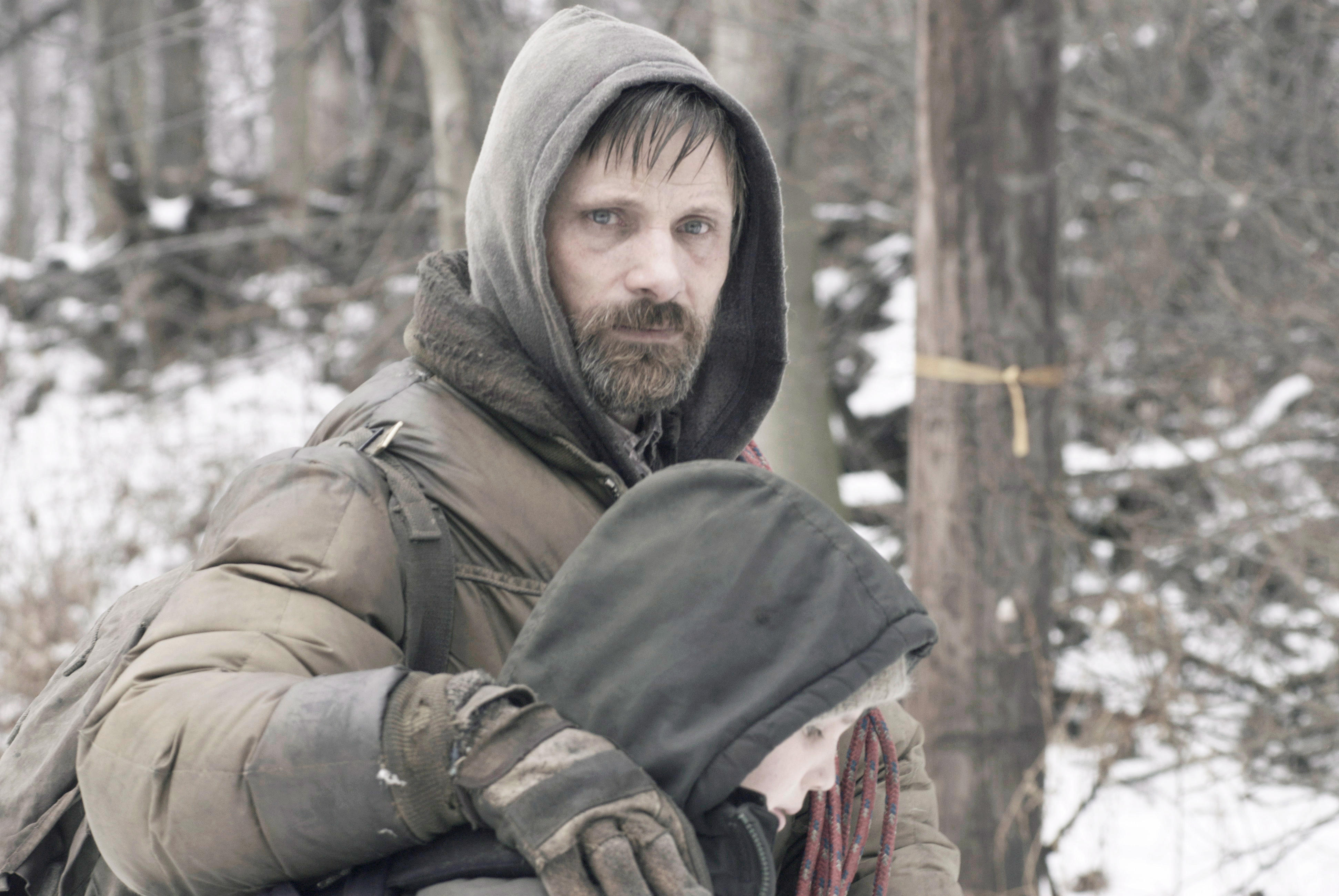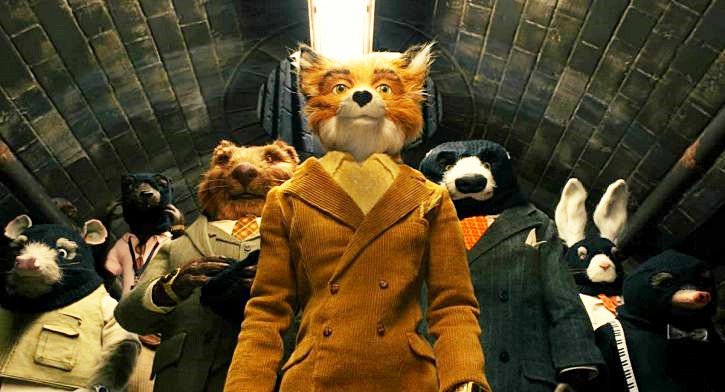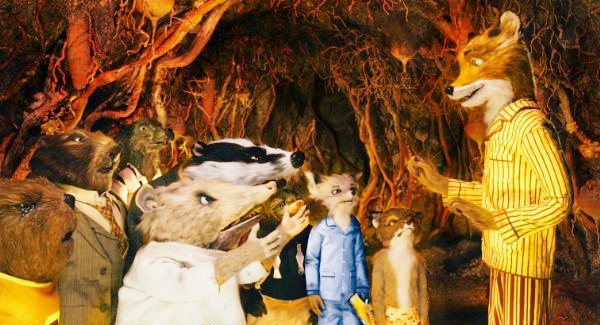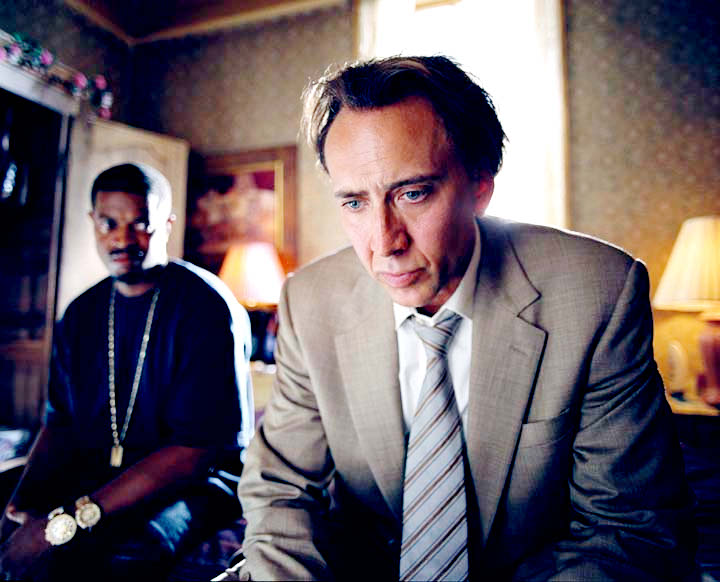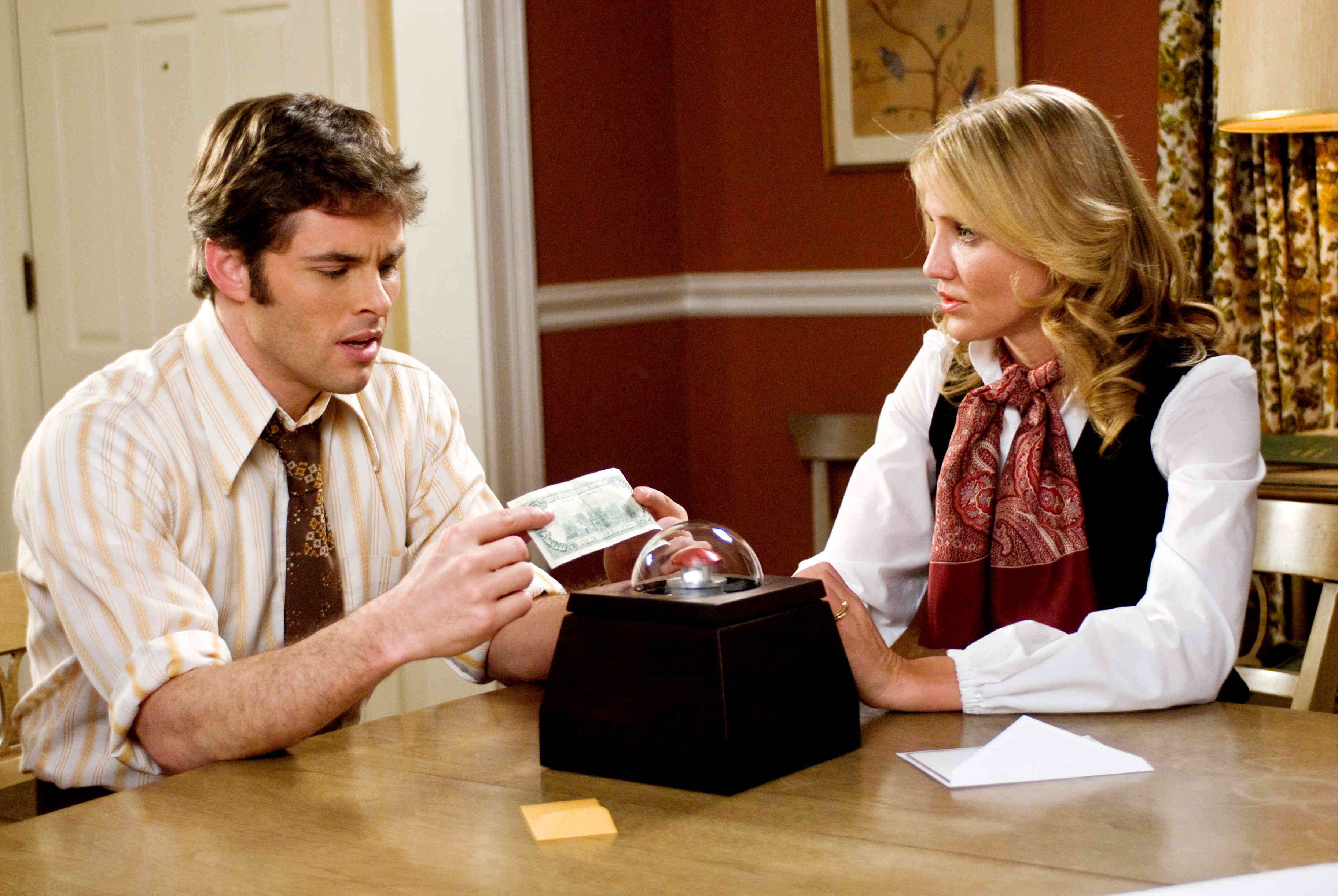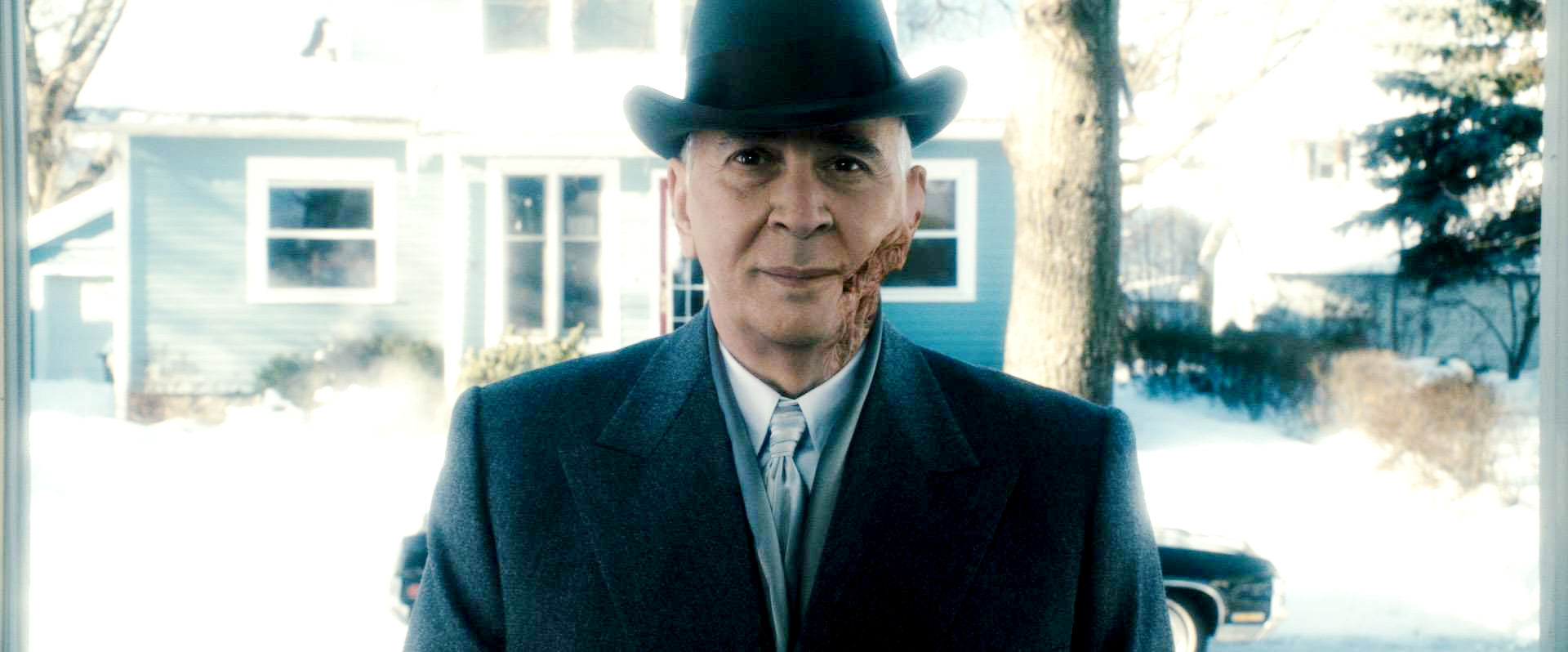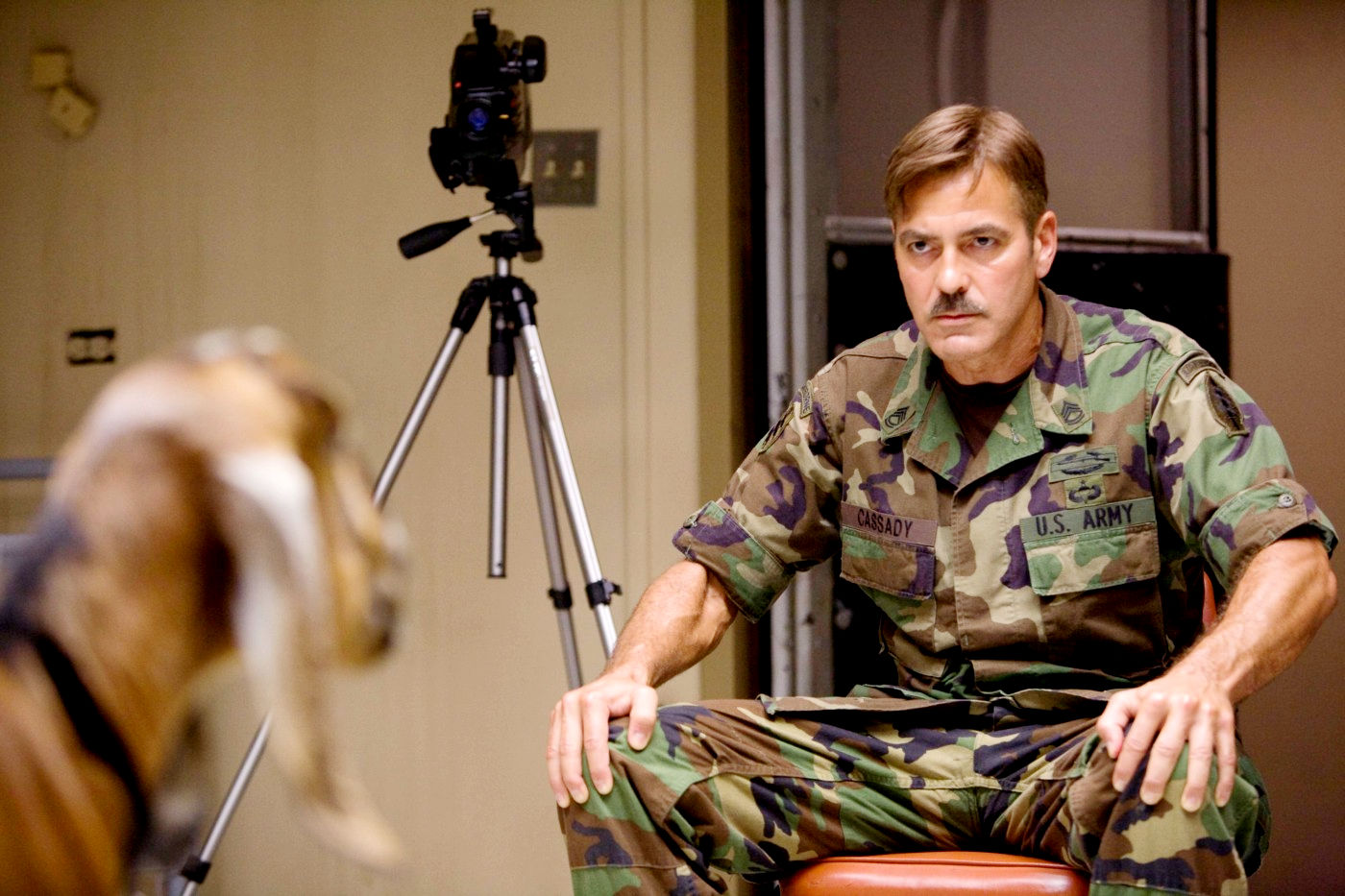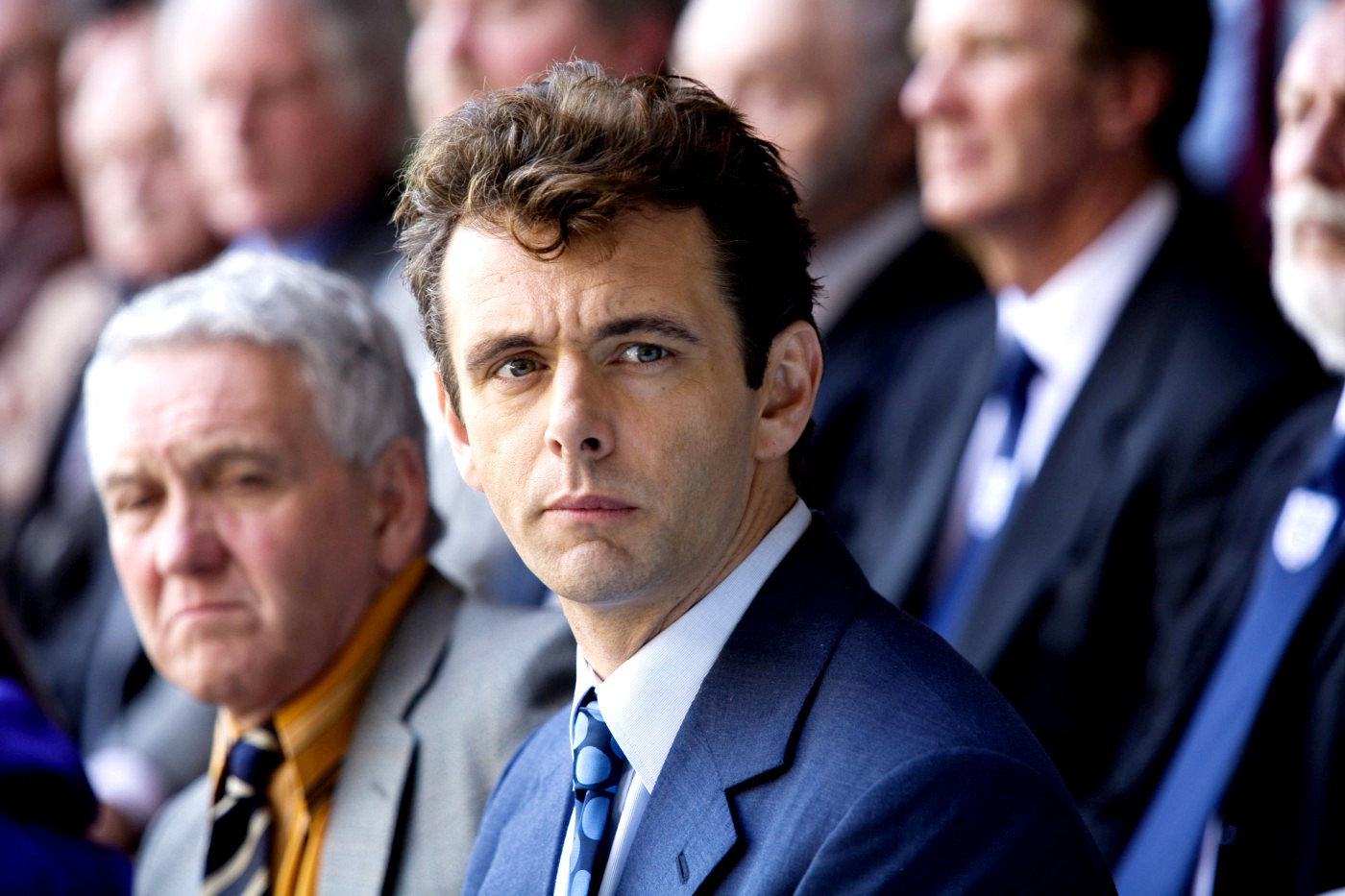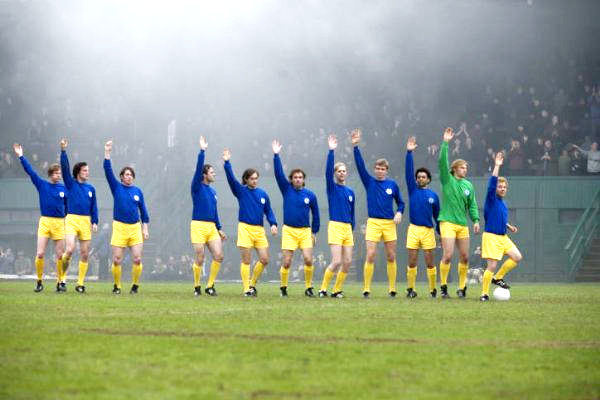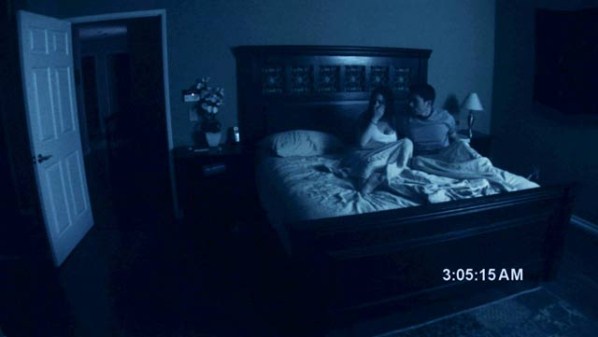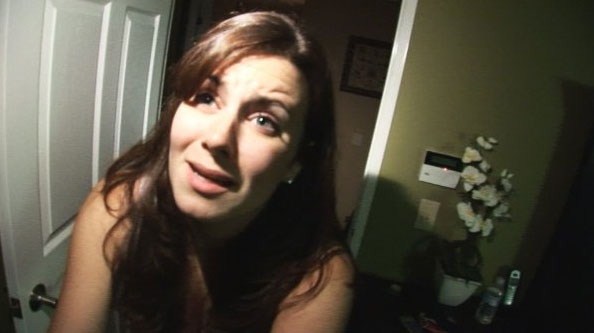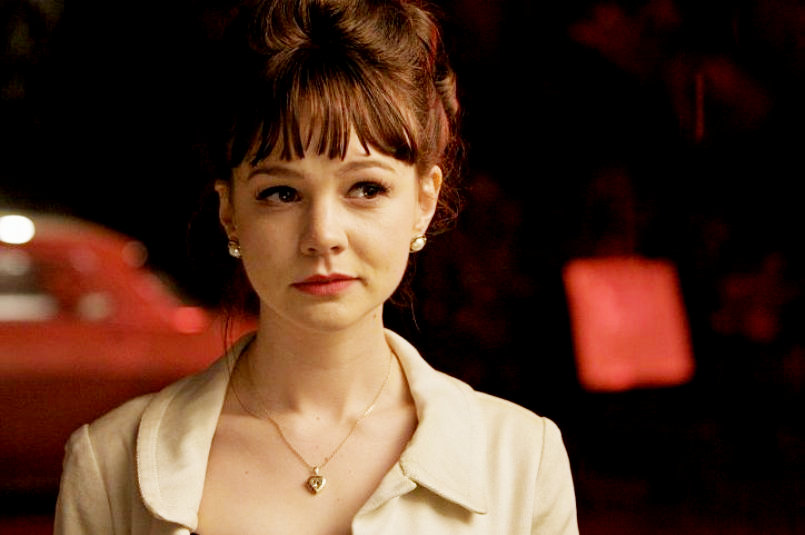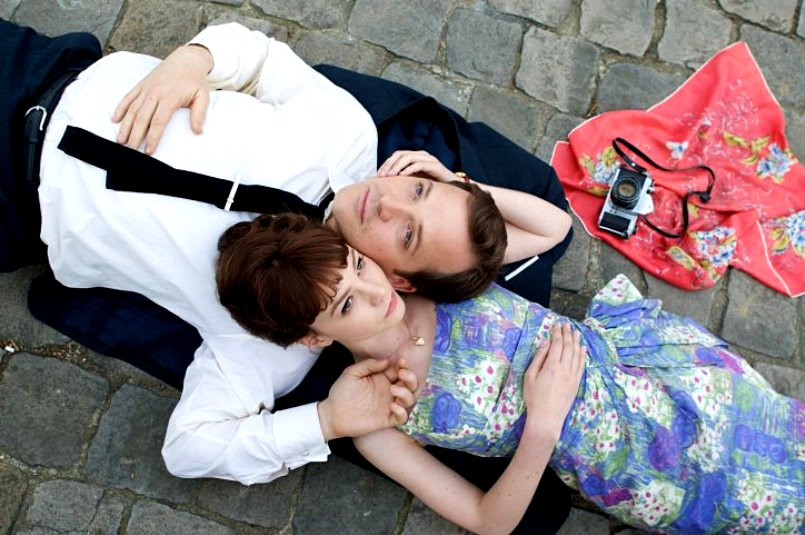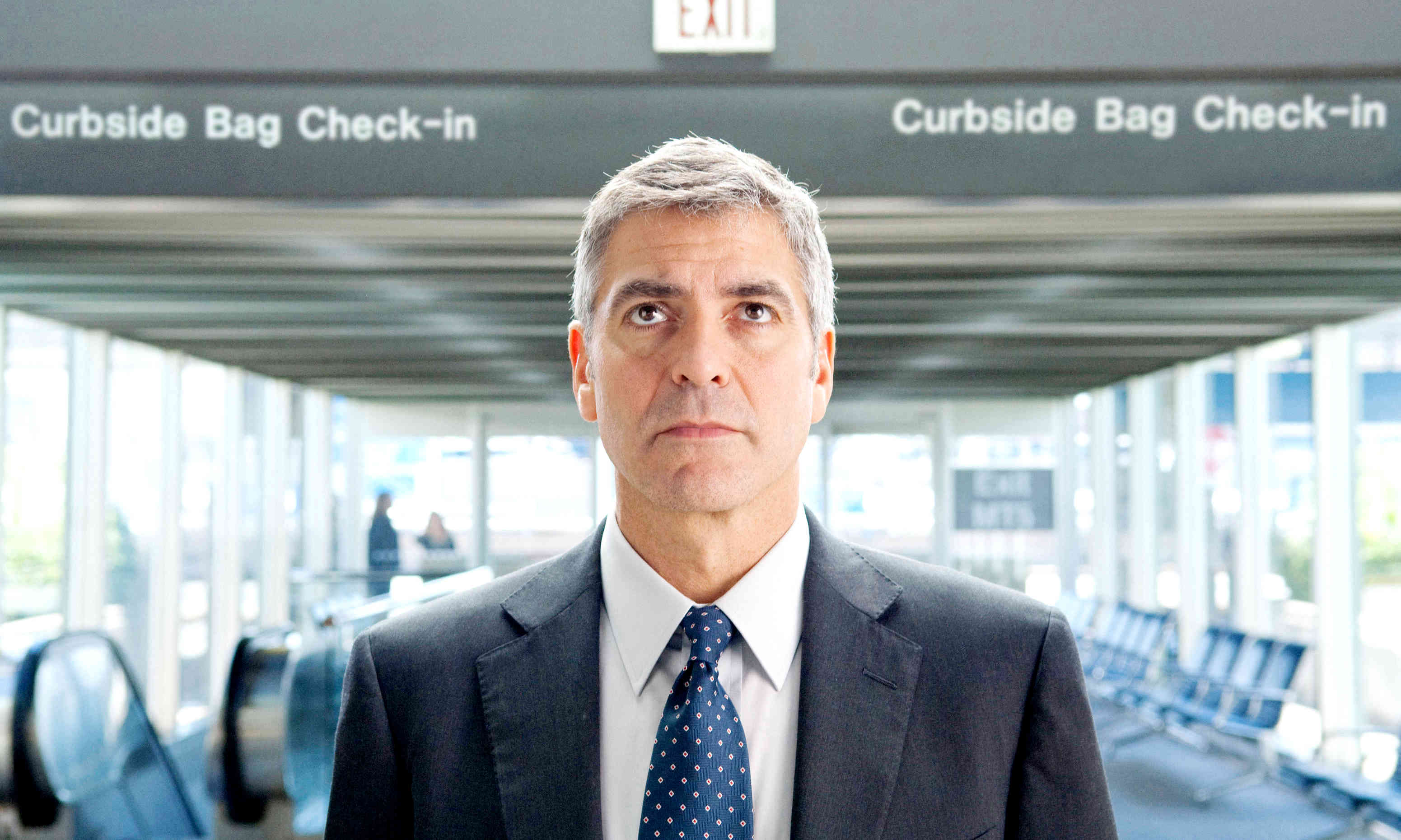
Sure, constant work-related jetsetting may have hastened Tyler Durden’s descent into borderline psychosis in Fight Club. But, if you need a second opinion, airports are the sea in which George Clooney thrives in Jason Reitman’s well-made but disappointing Up in the Air. I found it hard to pin down exactly why this movie bugged me at first, until I thought more about that memorable rant from Fight Club: “Everywhere I travel, tiny life. Single-serving sugar, single-serving cream, single pat of butter. The microwave Cordon Bleu hobby kit. Shampoo-conditioner combos, sample-packaged mouthwash, tiny bars of soap. The people I meet on each flight? They’re single-serving friends.“
And Up in the Air? It’s a single-serving movie, albeit one you might get in business class — glib, pre-packaged, wrapped in plastic, and, alas, not as tasty, nutritious, or filling as it looks. (After coming to this realization, I discovered Stephanie Zacharek felt much the same: “The picture is brushed with a fine glaze of slickness, a product sealed in a blister pack. It’s like airplane air — it has a packaged freshness that isn’t really fresh at all.“) Sure, from moment-to-moment Up in the Air is engaging enough, but sadly it all adds up to the less than the sum of its parts. (And I have a sinking feeling the Oscar of Crash, Million Dollar Baby, and Slumdog Millionaire will love it.)
Even notwithstanding an 11th hour jag that makes for a more satisfying landing than I originally suspected, there’s a lot of rote here: the obligatory wedding scene, the standard-issue epiphany in the middle of a public speech, the in vino veritas, letting-the-hair-down night among co-workers (set to not-so-Young-anymore MC); the Elliott Smith-scored nostalgic reminiscences of those days gone by, etc. etc. Up in the Air is impressively made and a Quality Production™ through-and-through, but it’s also over-stylized and curiously hollow, and it too often feels like a movie conceived by a marketing department. Imho, it needed more of that ragged, hand-crafted, DIY flair that marked the other two recent Clooney flicks this year, The Men Who Stare at Goats.
To give credit where it’s due, Up in the Air does boast one of the more memorable credit sequences I’ve seen in recent years — lovely aerial shots of the American landscape, set to a funked-up version of Woody Guthrie’s “This Land is Your Land” (by Sharon Jones and the Dap Kings.) But things get gloomy pretty quickly thereafter, with — ripped from the headlines! — a lot of people like you and me finding out that they’ve been given the axe. (Reitman apparently put out ads in Detroit and St. Louis looking for recently laid-off folks — It’s as close to home-spun as Up gets.)
Anyway, holding the handle is Ryan Bingham (Clooney): A professional firer by trade (when he’s not giving motivational speeches on the side), Bingham spends his days breaking employees the bad news so their bosses don’t have to. This job keeps him on the road pretty much constantly…which is fine by Bingham — he’s an Airportman, never happier than when he’s lounging at the American Airways VIP club, or checking into a hotel for a layover, or cruising at 50,000 feet above the heartland. (In his defense, he does live in Omaha — would you want to go home? Also, his travel experiences generally seem a lot less shoddy than almost all of the ones I can remember, but perhaps that’s a function of the miles.) In short, for Bingham transition is bliss: He’s a ship always at sea, never reaching port, and being a million miles from home only means he’s got nine million more to go.
But, naturally, new forces threaten Bingham’s airline Eden. Perhaps most importantly, his squirrelly boss (Jason Bateman) has recently made a hire out of Cornell — Natalie Keener (Anna Kendrick) — and she has the bright idea to start firing people over the Internets — Thus, no more endless junket. (To which I say, good idea! If I were getting fired either way, I don’t see how having smug-ole-George Clooney hand me a packet in person is going to improve my mood about it.) For another, his little sister (Melanie Lynskey) is getting married (Danny McBride), and their honeymoon plans (and the nagging family responsibilities they confer) make it harder for Bingham to pack light, as is his wont. And confusing the situation further, Bingham meets his female counterpart in Alex (Vera Farmiga), an eye-catching gal who shares a fondness for traveling constantly and in luxury. Does all of this mean it’s time for Ryan to put down some roots and live like the rest of us, or has he had the right idea all along?
In my Best of 2006 list, I said of Reitman’s amiable but botched take on Thank You for Smoking that “[w]hat Smoking needed was the misanthropic jolt and sense of purpose of 2005’s Lord of War, a much more successful muckraking satire…But Smoking, like its protagonist, just wants to be liked, and never truly commits to its agenda.” Well, Up in the Air has the same sense about it. I haven’t read the Walter Kirn novel this is based on, but I’m willing to bet Bingham probably comes across as more of a jerk therein. It sometimes seems that the sharp edges of this tale — “fly the unfriendly skies” and whatnot — have been filed off here. Similarly, I don’t want to give away the ending, which you deserve to experience unspoiled after sitting through the interminable high-school-nostalgia and wedding scenes. But it also feels a bit like Reitman flinched from the material in the end, or even that the finish we get isn’t the one he’d have liked to be building to.
I’m probably being harder on this film than it deserves, but if I was complaining about Cormac McCarthy’s relentless misanthropy just the other day, Up in the Air veered too far for me in the other direction. As in Reitman’s Juno, everyone’s likable and well-meaning perhaps to a fault, even when they’re acting horribly. And, when things go south, well there’s always some sugary-sweet, anesthetizing indie ballad that can soothe the pain and take you to commercial. It’s a sales job Bingham would be proud of.

